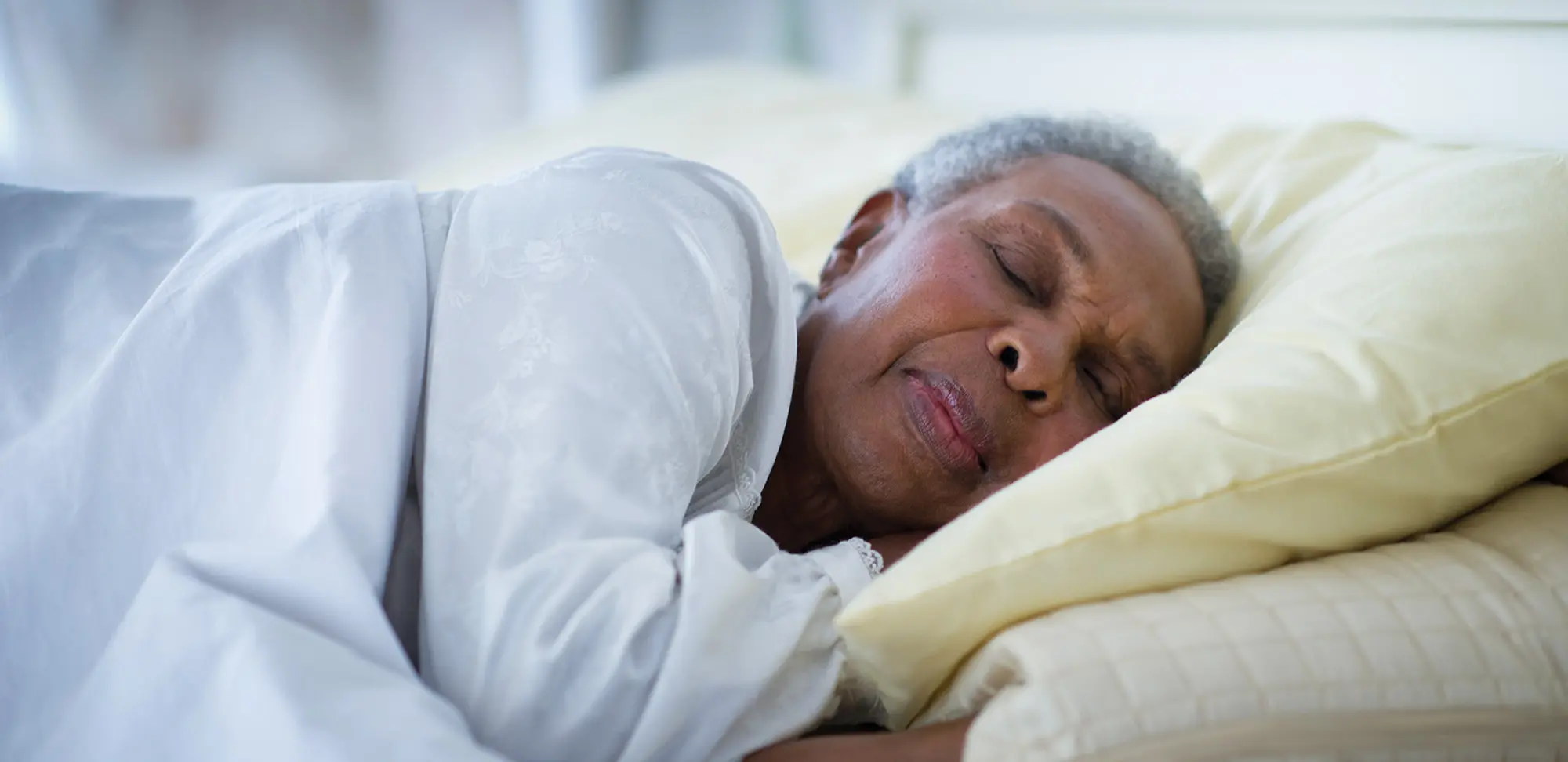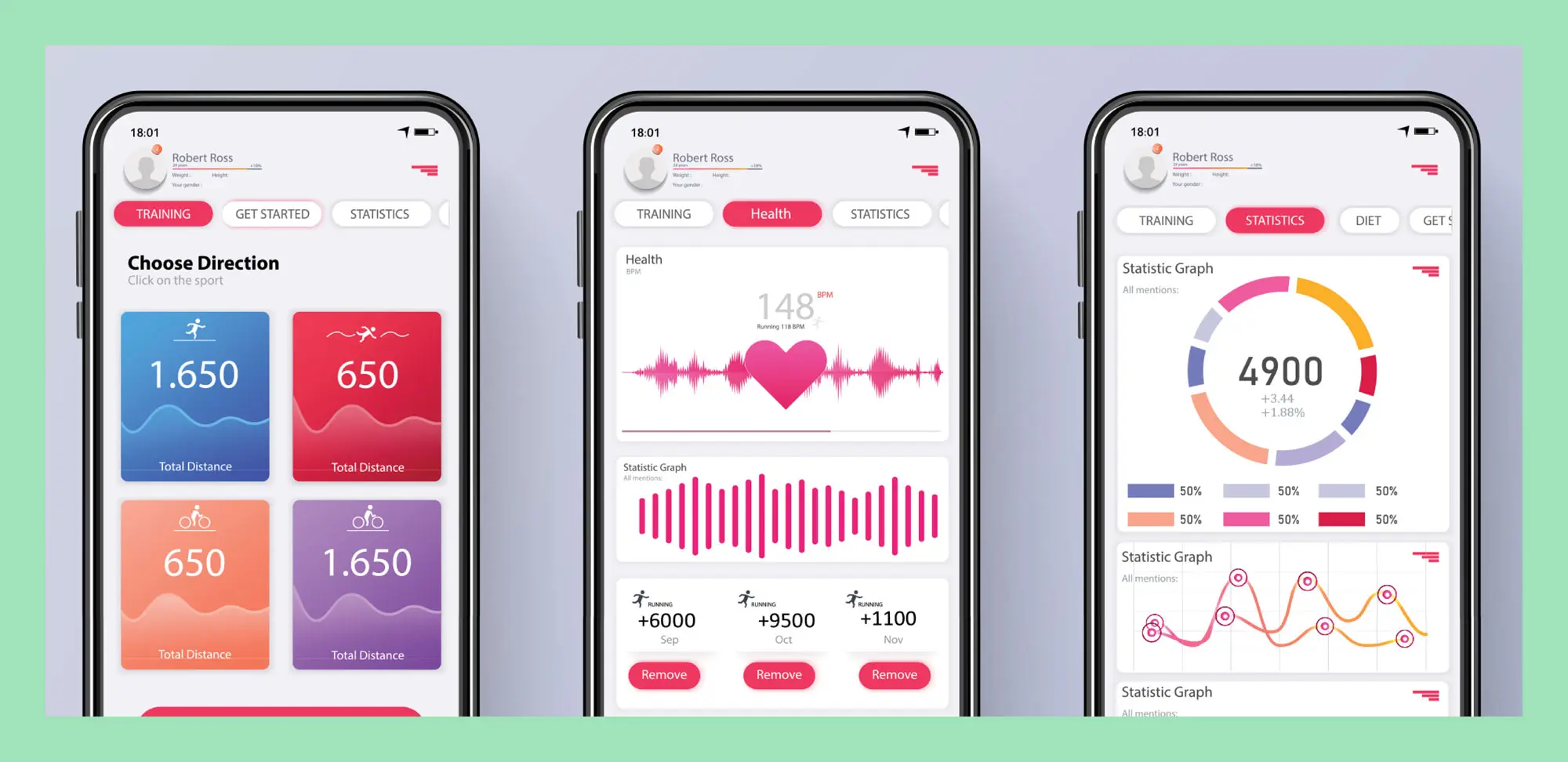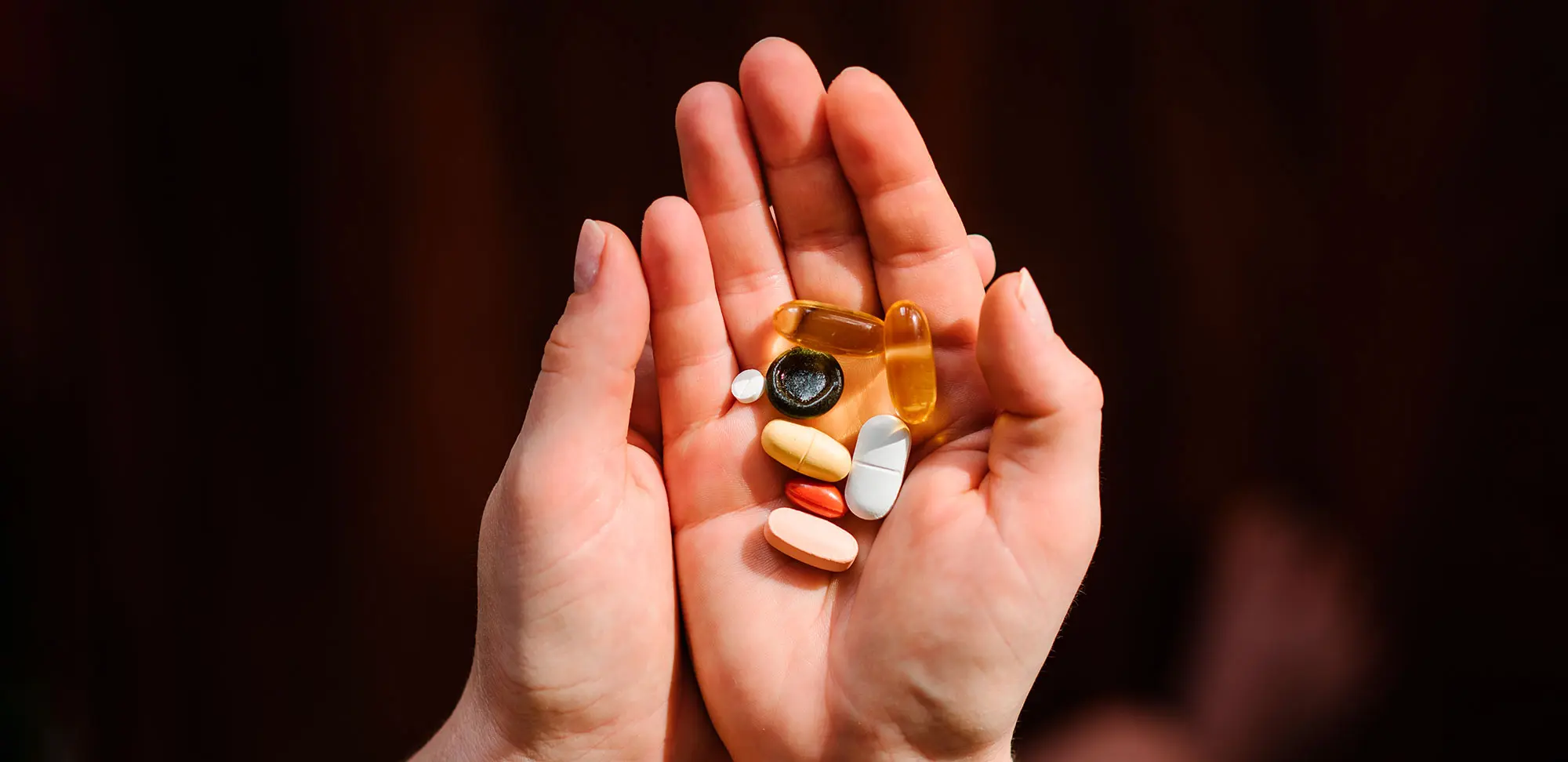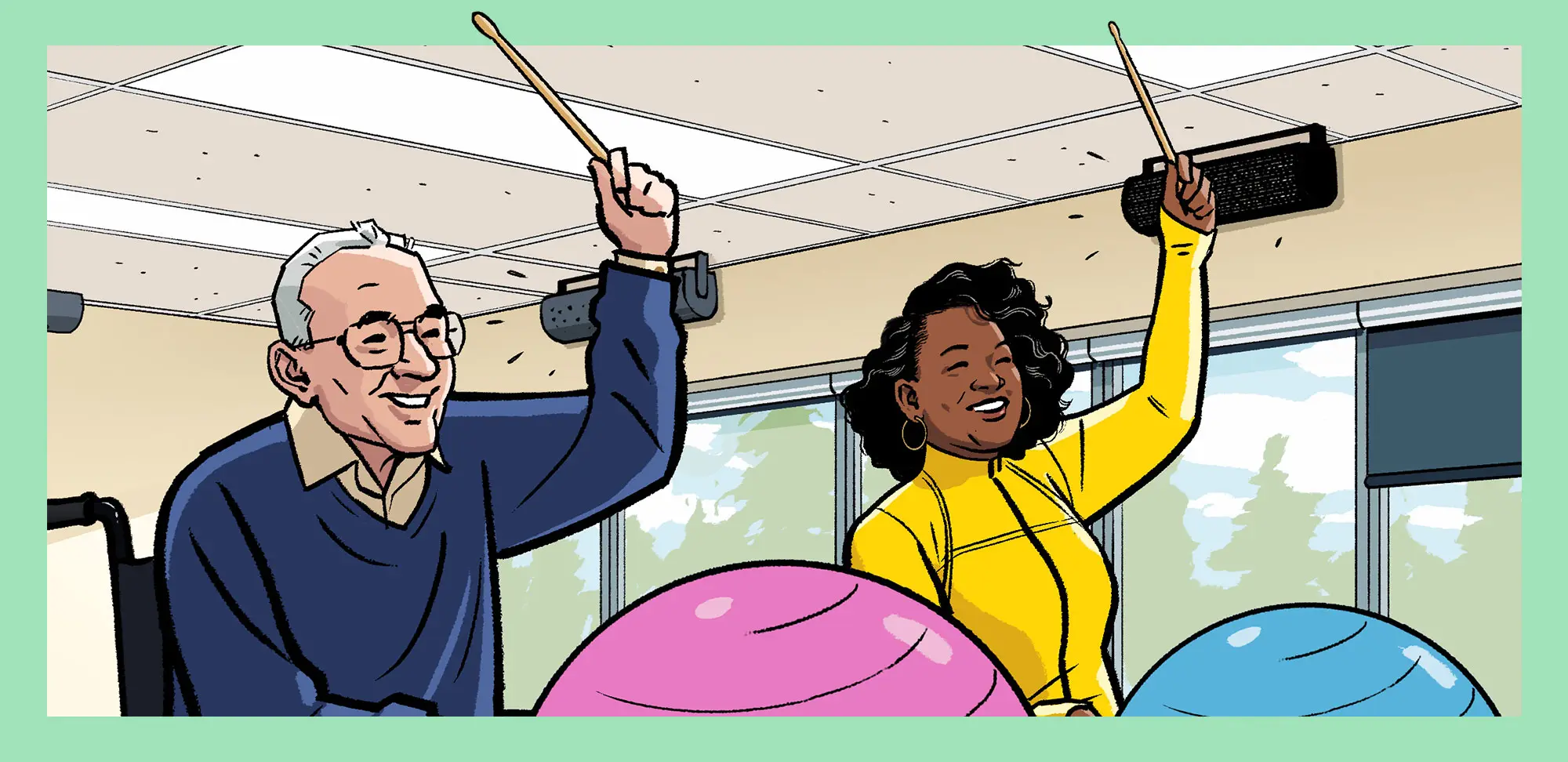Getting a good night’s sleep is one of the three important pillars of a healthy lifestyle.
“Sleep is now viewed as equivalent to having a nutritious diet and getting a good amount of physical activity in terms of being fully healthy,” says Dr. Charles Samuels, medical director at the Centre for Sleep & Human Performance and the Sleep Institute, and clinical assistant professor in the University of Calgary’s Faculty of Medicine.
Studies have consistently shown an association between inadequate sleep and worse health outcomes, including cognitive health.
One recent study in the medical journal JAMA Neurology found that both short (six hours or less) and long (nine hours or more) sleep durations are associated with decreased cognitive function.
The study included 4,417 older adults in Canada and elsewhere with an average age of about 71. It linked short sleep duration with more amyloid beta (a protein linked to Alzheimer’s disease) in the brain and poorer performance on memory tests. It also found an association between long sleep duration and poor performance on executive-function tests (these examine mental processes that let you plan, focus your attention and juggle multiple tasks).
Samuels stresses such impairment doesn’t necessarily mean dementia. “You can be cognitively impaired on a day-to-day basis and that has nothing to do with dementia. It’s simply sleep deprivation or sleep disturbances that affect your cognitive abilities.”
The JAMA Neurology study also found that inadequate sleep was associated with more symptoms of depression — persistent sadness, for example, or lack of interest in things you used to enjoy — and a higher body mass index.
We need sleep to help our bodies and brains recover, Samuels explains. So if you’re chronically sleep-deprived, your health risks go up, especially when it comes to cardiovascular/metabolic disease, in particular weight control.
To address a sleep issue, seniors should talk to their doctors and avoid self-medicating with over-the-counter herbal products or other sleep aids, Samuels advises.
If you need help getting a good night’s sleep, your family physician might recommend medication. Canada recently approved lemborexant (brand name Dayvigo) for the treatment of chronic insomnia, the most common sleep issue. The medication works by blocking the neurotransmitter orexin.
Two drugs are also now available for treating excessive daytime sleepiness: solriamfetol (Sunosi), a dopamine and norepinephrine reuptake inhibitor, and pitolisant (Wakix), which increases levels of histamine and other compounds that promote alertness.
Daytime sleepiness could be caused by narcolepsy, a neurological disorder that affects the sleep–wake cycle, or by obstructive sleep apnea, which occurs when the throat muscles intermittently relax and block the airway, causing breathing to stop and start during sleep.
But the “foundation” of treatment for many sleep disturbances — for older adults and others — is cognitive behavioural therapy for insomnia (CBTI), not drugs, says Samuels. CBTI is a structured program that aims to replace thoughts and behaviours that cause sleep problems with those that promote healthy sleep, such as maintaining a consistent sleep schedule.
Retirement may have an impact on the risk of some sleep issues. Not having to commute to work may reduce stress, which Samuels says is a major contributor to sleep disruption. On the other hand, retirement itself can be stressful as it breaks a sometimes years-long routine.
TIPS
Adults need between 7.5 and 9 hours of sleep a night, depending on lifestyle and other factors. To help you hit that target, here are some tips from sleep expert Dr. Charles Samuels:
- Follow a routine: Go to bed and get up at the same time each day.
- Take a 20- to 30-minute afternoon nap. Napping is “a critical part of normal sleep health as we age,” says Samuels. “It actually improves health overall.”
- Avoid or limit alcohol.
- Stay away from or limit stimulants such as caffeine and nicotine.
- Don’t keep computers, phones or other potentially intrusive technology by your bed.










